Related Research Articles
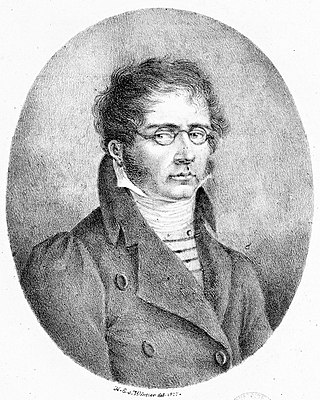
Franz Ignaz Danzi was a German cellist, composer and conductor, the son of the Italian cellist Innocenz Danzi (1730–1798) and brother of the noted singer Franzeska Danzi.

Ferdinand Ries was a German composer. Ries was a friend, pupil and secretary of Ludwig van Beethoven. He composed eight symphonies, a violin concerto, nine piano concertos, three operas, and numerous other works, including 26 string quartets. In 1838 he published a collection of reminiscences of his teacher Beethoven, co-written with Beethoven's friend, Franz Wegeler. Ries' symphonies, some chamber works—most of them with piano—his violin concerto and his piano concertos have been recorded, exhibiting a style which, given his connection to Beethoven, lies between the Classical and early Romantic styles.
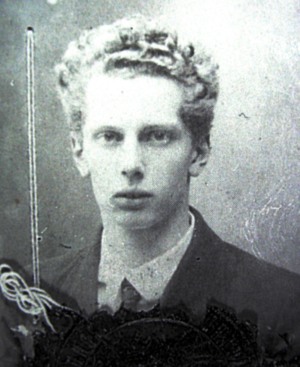
Boris Blacher was a German composer and librettist.
Walter Sinclair Hartley was an American composer of contemporary classical music.

Pavel Bořkovec was a Czech composer and music teacher.
Bernhard Heiden was a Jewish emigre from Nazi Germany and a German-American composer who taught as a professor at the Indiana University School of Music from 1946 until his retirement in 1981.
Will Eisenmann was a German-Swiss composer. His opera Der König der dunklen Kammer, based on a work by Rabindranath Tagore, won the Emil Hertzka Prize.
Zdeněk Lukáš was a Czech composer. He authored over 330 works.
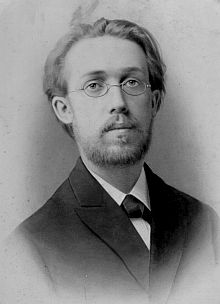
Waldemar Edler von Baußnern was a German composer and music teacher.
Victor Legley was a Belgian violist and composer of classical music, of French birth. He first studied in Ypres with Lionel Blomme (1897–1984). In 1935 he matriculated at the Royal Conservatory in Brussels, and there won awards in the study of viola, fugue, counterpoint and chamber music.
Alexander Mikhailovich Raskatov is a Russian composer.

Emil Hlobil was a Czech composer and music professor based in Prague.
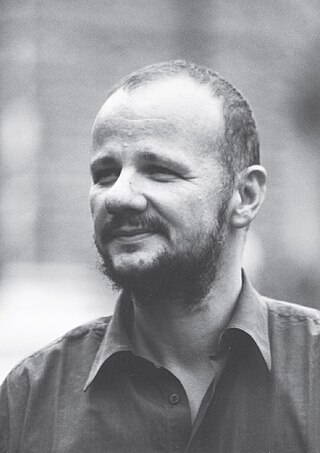
Gerhard Schedl was an Austrian composer. His works included chamber works, operas, theater pieces, symphonies, concertos, and sonatas.
Hermann Reutter was a German composer and pianist who worked as an academic teacher, university administrator, recitalist, and accompanist. He composed several operas, orchestral works, and chamber music, and especially many lieder, setting poems by authors writing in German, Russian, Spanish, Icelandic, English, and ancient Egyptian and Greek, among others.
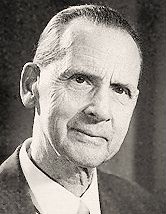
Victor Bruns was a German composer and bassoonist. He played with the Leningrad Opera, the Volksoper Berlin and the Staatskapelle Berlin. As a composer, he is known for his ballets and for bassoon concertos and sonatas.
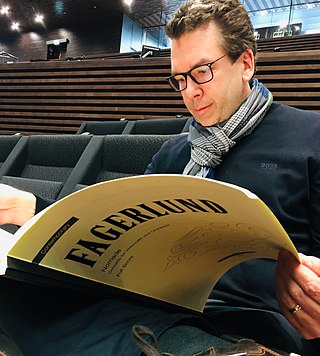
Sebastian Fagerlund is a Finnish composer. He is described as “a post-modern impressionist whose sound landscapes can be heard as ecstatic nature images which, however, are always inner images, landscapes of the mind”. Echoes of Western culture, Asian musical traditions, and heavy metal have all been detected in his music.
The bassoon repertoire consists of pieces of music composed for bassoon as a principal instrument that may be performed with or without other instruments. Below is a non-exhaustive list of major works for the bassoon.
References
- Joseph Clark, "Dressel, Erwin" in The New Grove Dictionary of Music and Musicians, ed. Stanley Sadie. New York: Macmillan Publishers Limited (1980): 5 629